The CMP Review — Week of January 29
January 29, 2024
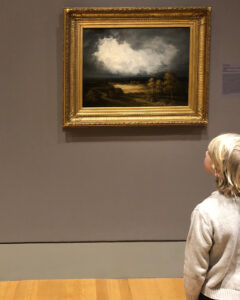
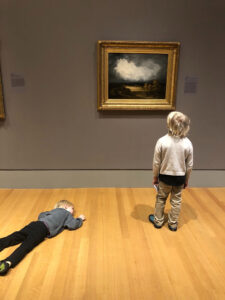
I came across these two pictures in my memories recently and it was a great reminder of social media vs. reality. It’s easy to fall into the comparison trap, or to think that it is easy for everyone else. It’s not. But it also served as a reminder to keep doing the things that are hard when they’re smaller because while we do not reap when we sow, there are seeds being planted.
As V.M. Hood said in a Parents’ Review article, “We may never see the result, but the little seed will take root and grow one day into a great tree—a tree that may be for the healing of the nations.”
@tessakeath
January 30, 2024
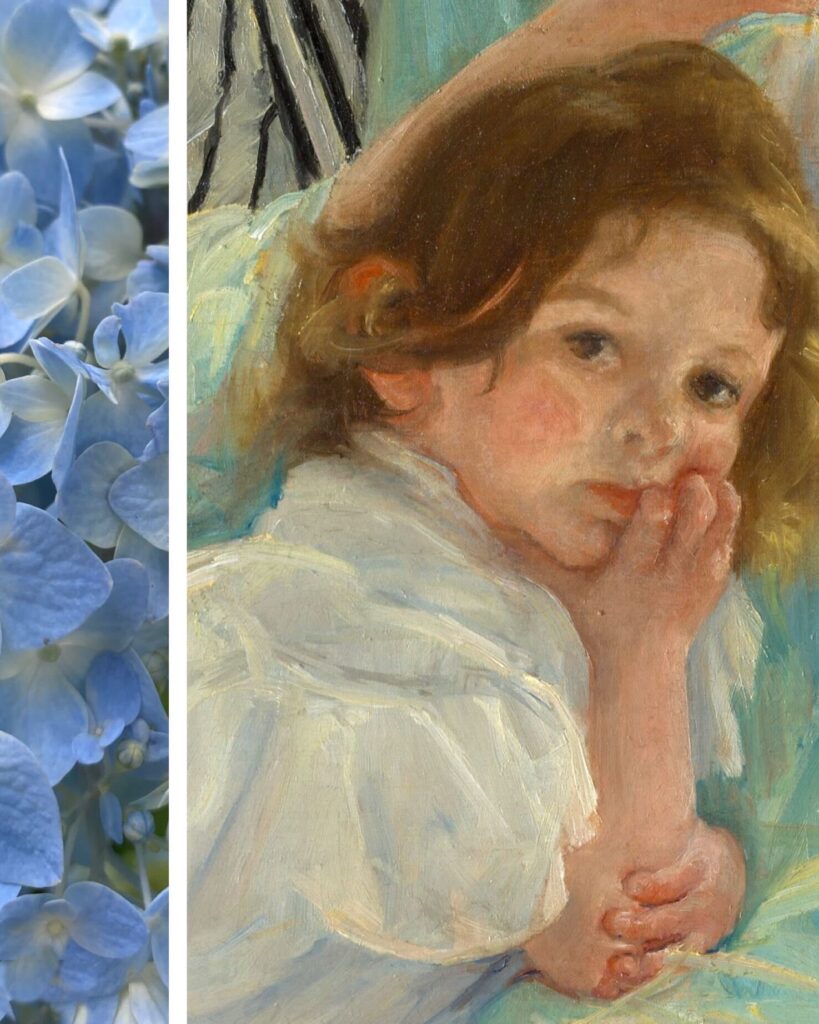
In Charlotte Mason’s first volume, she writes that “our first care should be to preserve the individuality, give play to the personality, of children.” Then in her final volume she solemnly warns that “we cannot commit a greater offence than to maim or crush, or subvert any part of a person.” Charlotte Mason’s first principle is that “children are born persons,” and that personhood must be respected.
As we read Mason’s words, it is natural to make assumptions about what it means to “preserve individuality” and “give play to personality.” It seems axiomatic that personhood and individuality come from within, and that it must be our duty as parents to listen carefully as our children tell us who they are.
But such assumptions rest uneasily against other words of Mason in her volumes. “Obedience is the whole duty of the child,” she writes in Home Education, “and for this reason—every other duty of the child is fulfilled as a matter of obedience to his parents.” How can the child possibly develop his individuality and express his personality if his entire focus is on obedience to someone else?
In an attempt to chart a course in the face of two apparently opposite ideals, it is natural to gravitate towards one or the other. One academic journal in 2023 asserted that one of Miss Mason’s key ideas is “that learning must be fun,” while others take great pains to distinguish Mason’s philosophy from so-called “child-centered” approaches.
But is it really necessary to take one side or the other? Or may the deeper meaning of Charlotte Mason’s first principle be found in reconciling individuality with obedience, and delight with duty? Laura Teeple believes so. Today we share her first article in a new series of three on the topic of “Personhood Explored.” Read or listen to her thoughtful and challenging paper which shows the path from contradiction to truth. Find it here.
@artmiddlekauff
January 31, 2024

One of nature’s discards used to keep our ribbon spools handy.
We’re in the throes of, well, everything… renovating, decluttering, and packing, on top of work and school. It got me thinking about Charlotte’s words on neatness and order as I move through the multitude of daily decisions:
“Neatness is akin to order, but is not quite the same thing: it implies not only ‘a place for everything, and everything in its place,’ but everything in a suitable place, so as to produce a good effect; in fact, taste comes into play” (Home Education, p. 130).
@rbaburina
February 1, 2024
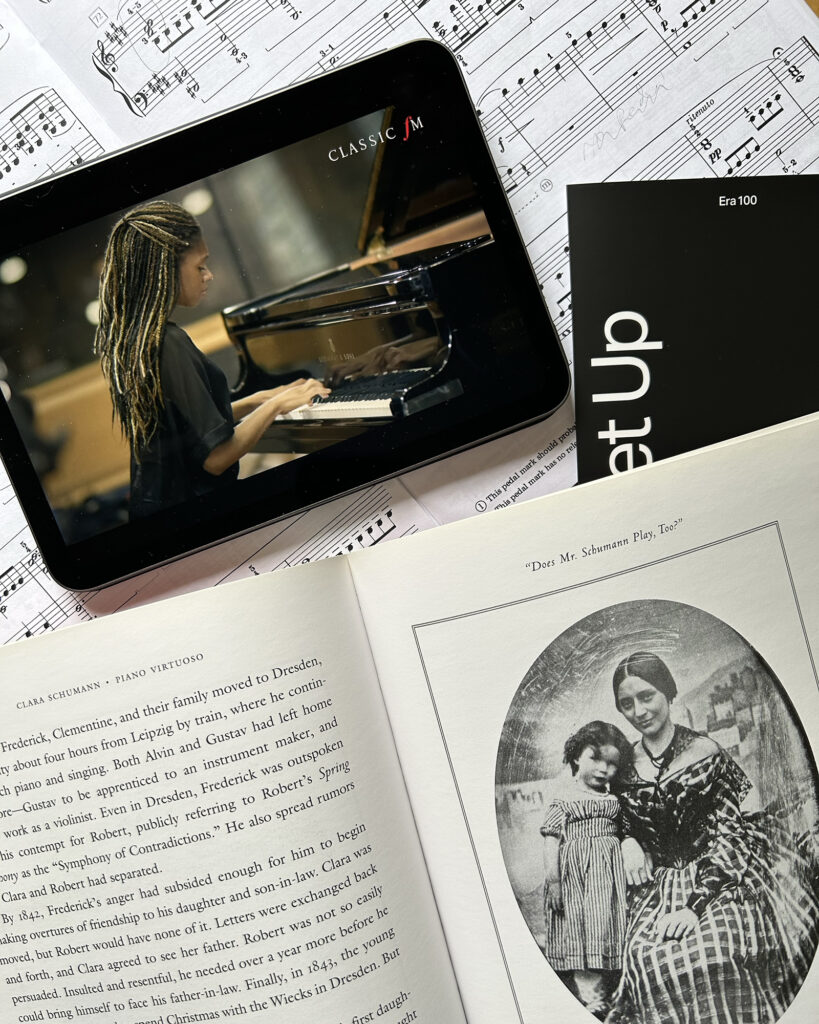
When Ellen Parish took over the principalship of the House of Education in 1923, she knew she would be operating on a shoestring budget. She could not even buy a gramophone (a record player) without approval from the Governing Council. After trying in vain to get one as a donation, she pleaded with the Council to approve the 15-guinea expense “for instructional purposes.”
We have no fancy entertainment center or home theater system, so our music appreciation has been somewhat hampered by tiny speakers not designed for classical music. Just as Mrs. Parish brought the House of Education to a new era with a gramophone, I sought approval from my “governing council” for two stereo-paired Sonos Era 100 speakers to place “for instructional purposes” in our home schoolroom.
Our composer this term is Clara Schumann. At age eighteen she wrote, “What, indeed, is more beautiful than to clothe one’s feelings in sound, what a comfort in sad times, what a pleasure, what a wonderful feeling, to provide an hour of happiness to others. And what a sublime feeling to pursue art so that one gives one’s life for it.”
On Tuesday my son and I watched and listened as Isata Kanneh-Mason played Clara Schumann’s Scherzo No.2 in C Minor. The rich textures of the Steinway grand piano filled our living room. Together we clothed our feelings in sound. I don’t think Ellen Parish ever regretted her purchase, and I don’t regret mine. It is a small price to pay to enjoy the art for which others have given their lives away.
@artmiddlekauff
February 2, 2024

Cross country skiing buddies just strolling around campus!
Which winter activities are your family enjoying these days?
@antonella.f.greco
February 3, 2024
This is the Carolina Wren—what an immense voice for such a tiny body! Perhaps this is why Emily Dickinson likened herself to one in a letter to her friend and mentor T. W. Higginson, saying, “I am small, like the Wren, and my Hair is bold, like the Chestnut Bur—and my eyes, like the Sherry in the Glass, that the Guest leaves.”
What bird would you liken yourself to?
@rbaburina
February 4, 2024
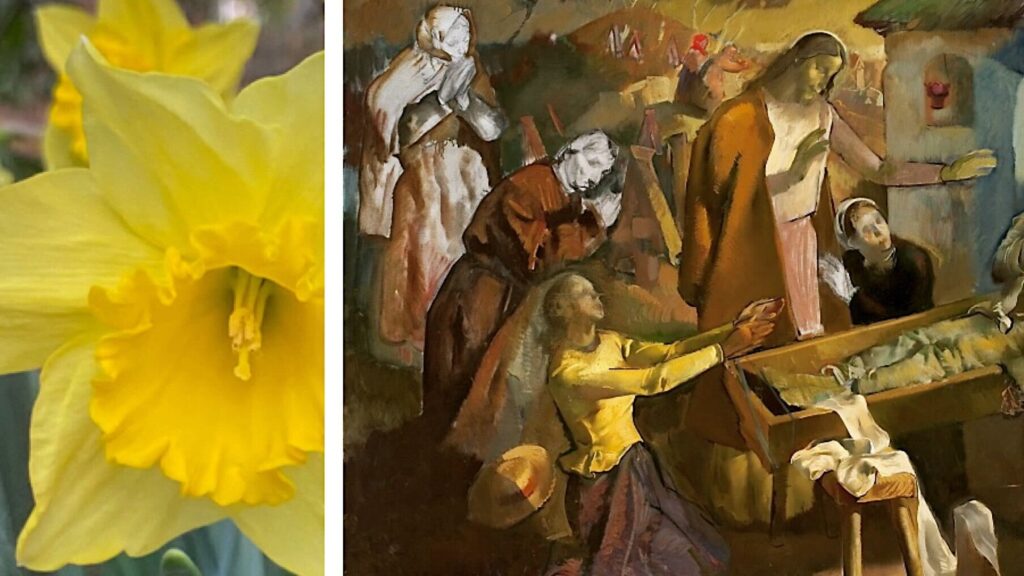
“Martha is the active, busy one,” explains N. T. Wright. “Martha had to hurry off to meet Jesus and confront him directly. Many of us are like that; we can’t wait, we must tell Jesus what we think of him and his strange ways. If you’re like that, and if you have an ‘if only’ in your heart or mind right now, put yourself in Martha’s shoes. Run off to meet Jesus. Tell him the problem. Ask him why he didn’t come sooner, why he allowed that awful thing to happen.
“And then be prepared for a surprising response. I can’t predict what the response will be, for the very good reason that it is always, always a surprise. But I do know the shape that it will take. Jesus will meet your problem with some new part of God’s future that can and will burst into your present time, into the mess and grief, with good news, with hope, with new possibilities.”
“Believest thou this?” asks Charlotte Mason in today’s poem. Read or listen, and then bring your cares to Christ. Find the poem here.
@artmiddlekauff